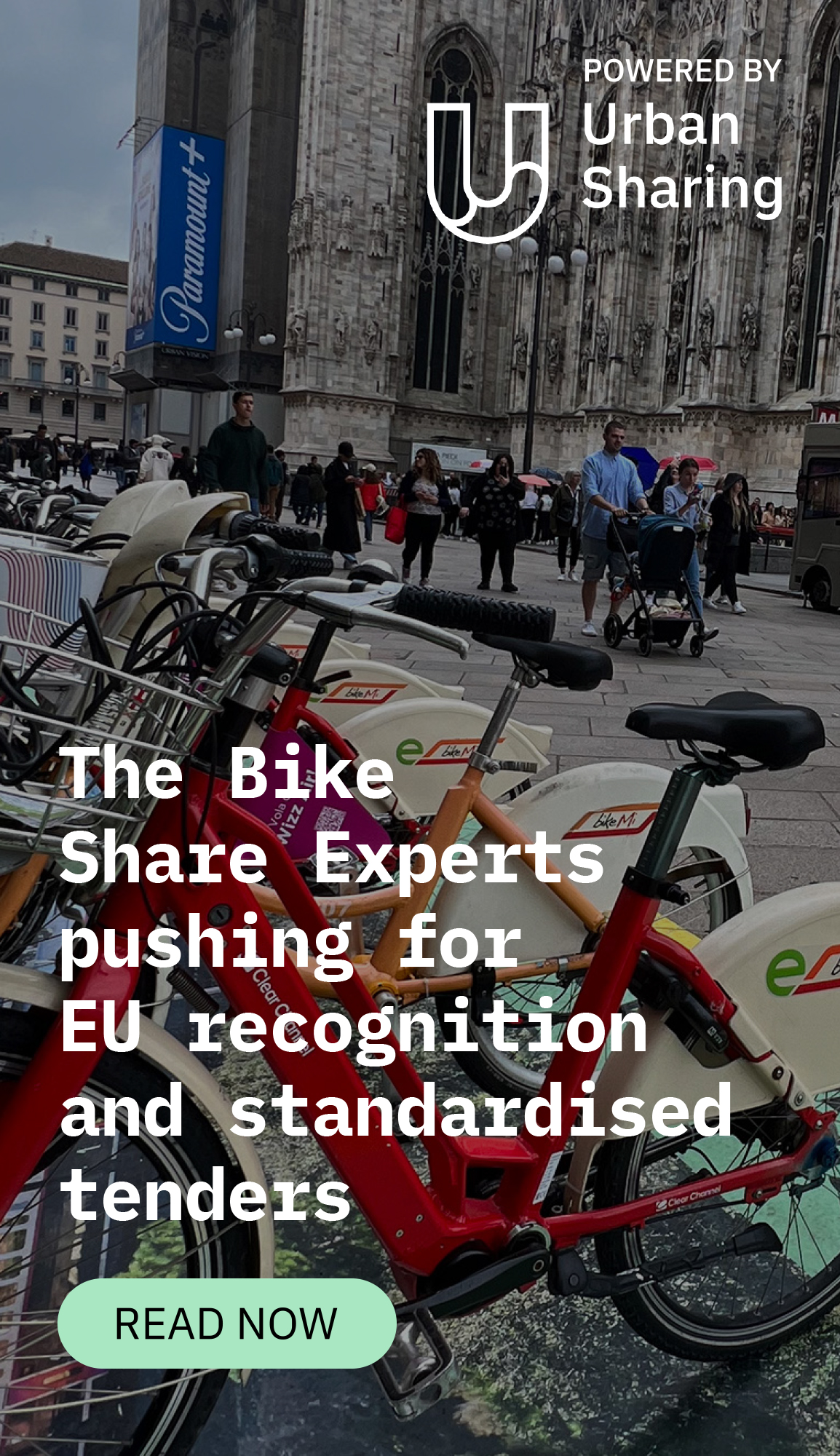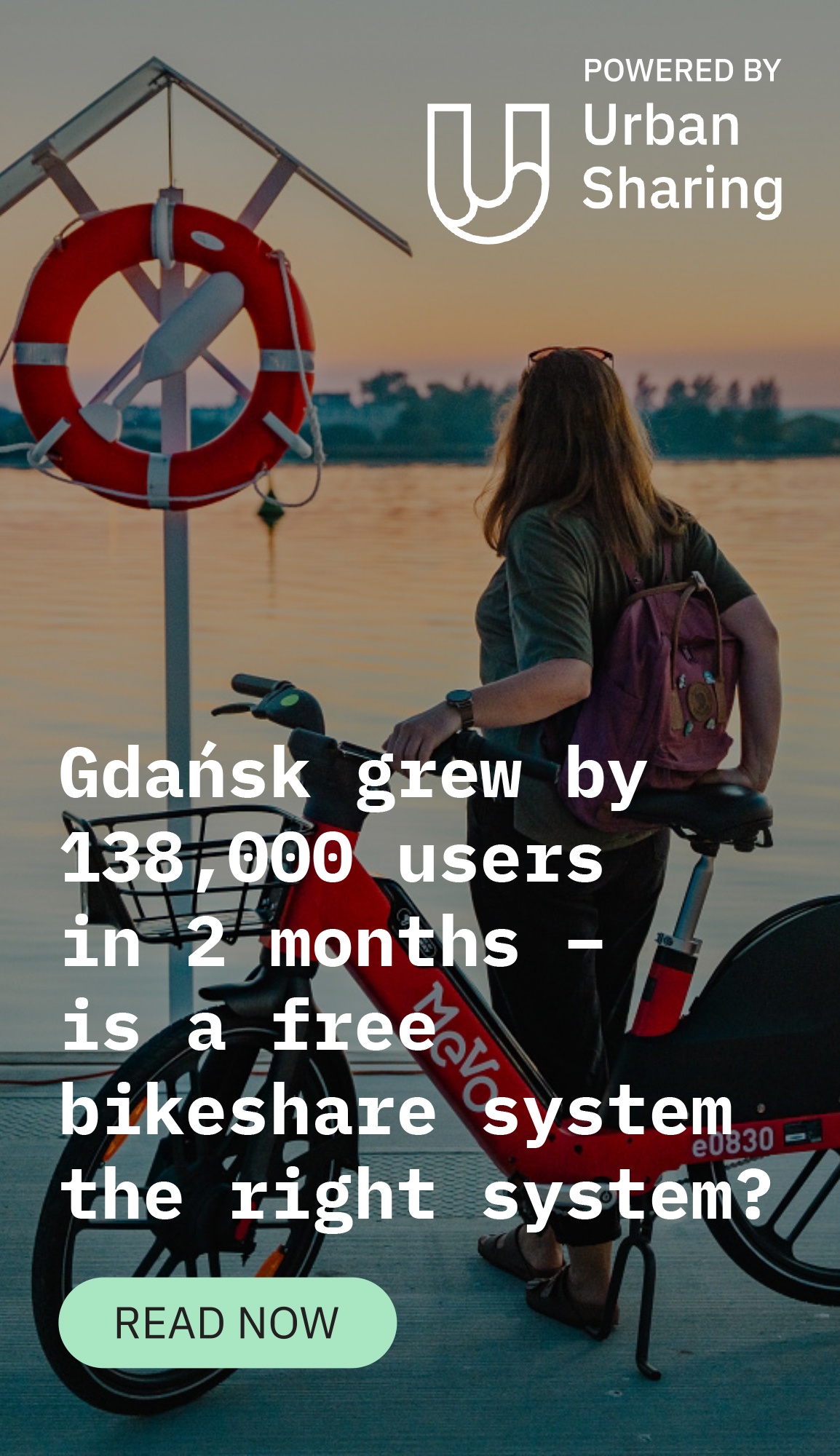Author: Anthony Rinaldi, Business Development Manager, PBSC Urban Solutions
I am leaving the beautiful city of Ghent in Belgium – which hosted the Velo-city Conference 2024 – with great memories and an inspired mind. Representing PBSC Urban Solutions in this exciting environment is always a fulfilling experience.
Velo-city is one of the most important annual reunions of global experts and cycling advocates, and it gives us a window to defend what we believe in while sharing quality time with fellow Velo-citizens.
This location was selected with great intention. Ghent is the perfect example of municipalities that have invested in cycling infrastructure for years to develop a strong cycling culture. These efforts have resulted in a vibrant city where bikes are used as a standard mode of transportation, reflecting the city’s leadership in urban design and sustainable mobility in Northern Europe.
A seat at the roundtable
I took part in Cycling Industries Europe’s (CIE) roundtable discussion titled ‘Which are the best ranking bike share cities in 2024 and why?’.
Cycling Industries Europe, which PBSC has been a part of since its inception, represents cycling interests at an EU level. It aims to double bike usage in Europe and create one million green jobs within the cycling ecosystem by 2030.
As part of its ongoing efforts, CIE will release a new Benchmarking Study in September 2024, presenting the European top performing cities in bike-sharing. This comprehensive report offers valuable insights into what makes these cities leaders in sustainable urban mobility.
The Velo-city panel gave an overview of this new benchmarking study and highlighted top cities that have performed well for bike-sharing. Deeper KPIs and a larger data spectrum were used for this 2024 study. 25 cities were analysed through our discussions including Antwerp, Copenhagen, Frankfurt, Lyon, and Stockholm.
Workshops and round tables centred around exemplary cities, each led by an industry expert. I led a roundtable with inspiring participants to discuss the specific cases of Barcelona, Spain, and Tallinn, Estonia and insights from these workshops will be incorporated into the new study, making every participant a contributor.
Shared bikes cannot thrive without shared ideas! But for now, let me share our thoughts on Barcelona, one of the cities that best exemplifies the widespread adoption of bike-sharing.

Case study: Barcelona
The city of Barcelona leads the way for other European cities in designing and offering exceptional micromobility solutions to their inhabitants. One of the most iconic services in the capital of Catalonia is the Bicing bike-sharing system supplied by PBSC since 2019. With great ridership statistics year after year, it is no surprise that Barcelona ended up in the top five performing cities identified through CIE’s study.
The introduction of Bicing in Barcelona has generated enthusiasm among its residents. In 2023, Bicing recorded over 17.6 million trips and boasted 148,000 subscribers. E-bikes have quickly become the preferred choice for many users, particularly during the summer months where an e-bike is averaging more than 11 trips a day. According to a City Council report, 72% of the system’s trips are made on electric bikes, with 8 out of 10 users favouring e-bikes for their daily commutes.
All of the 519 Bicing stations are equipped with fast-charging technology that ensures e-bikes are always charged and ready to use to enhance user experience.
To meet the growing demand, Bicing is set to expand its fleet by 15%, adding 1,000 more e-bikes and 75 smart charging stations to its network this year. These numbers demonstrate the success of Bicing and its significant impact on urban mobility in Barcelona. The city’s commitment to expanding and improving its bike-sharing infrastructure not only highlights its dedication to sustainable transportation but also serves as a model for other cities aiming to enhance their micromobility solutions.
I was thrilled to participate in impactful conversations that propel the micromobility industry forward. Europe is currently facing a complex political situation that may lead to reduced financing capacities in the micromobility field, raising new challenges for cities and experts.
The Velo-city Conference 2024 and the CIE round tables provided an excellent platform to share our creativity and collaborate with like-minded experts. These discussions are crucial as we work together to innovate and expand bike-sharing solutions, making active and sustainable urban mobility a reality for more cities around the world.











